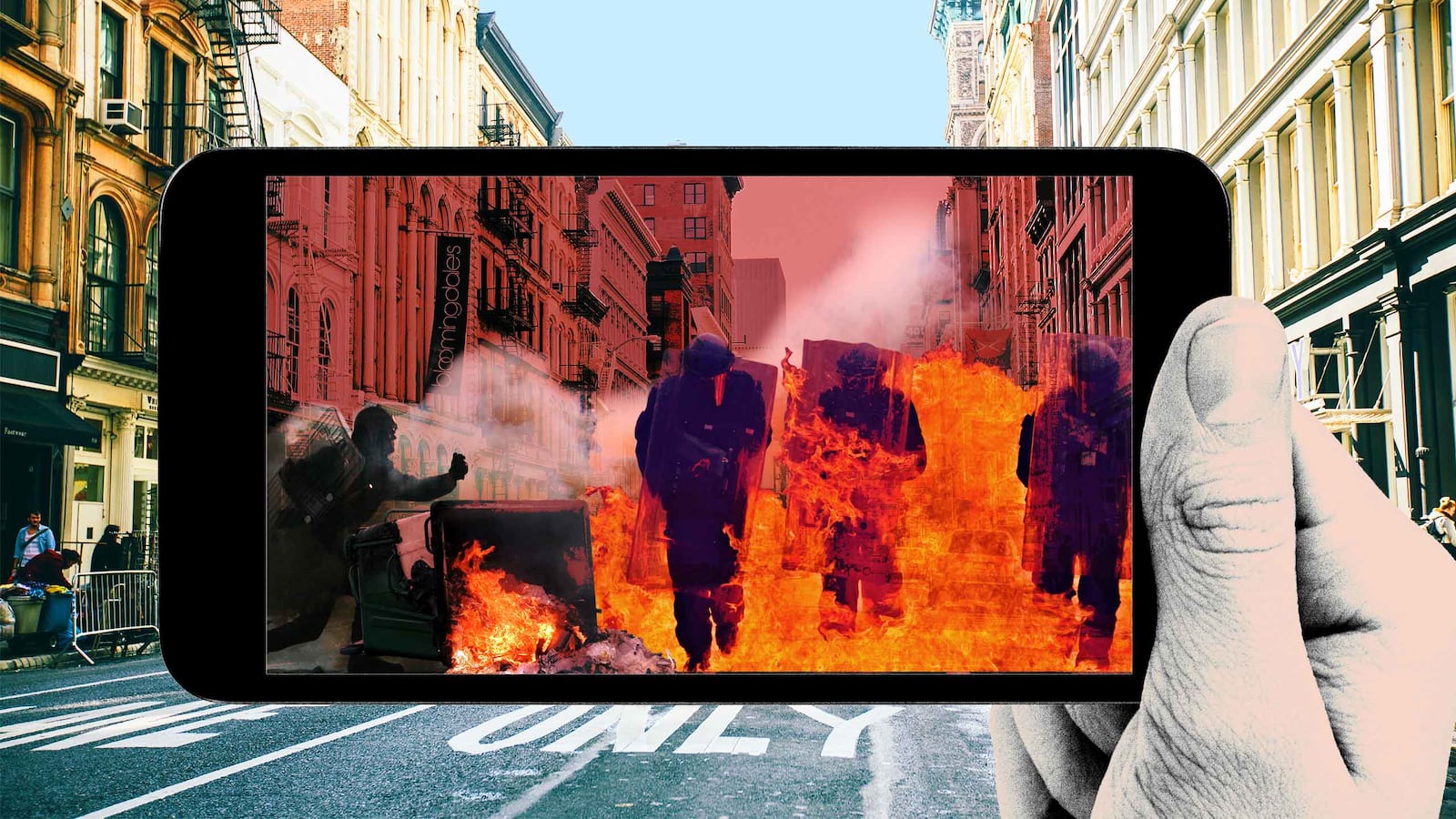Sitting quietly at your desk, it’s easy to forget that you’re surrounded by violent crime, robberies, harassment, fires, disasters, and even acts of terrorism.
Citizen, a rebranded real-time crime and disaster app that was previously called Vigilante, will make it so you never forget.
Although the company is now asking that you don’t try to stop those crimes, like its old name might suggest.
The app acts as a sort of miniature social network where users can view crimes happening around them. All data is sourced from 911 calls and when a user opens the app they’re met with a map littered with red dots that indicate the scenes of recent crimes.
Clicking into each dot pulls up a mini-report on the incident where users can read updates, view user submitted videos, and even chat with other users about the incident. You can also share a link to the crime to other social platforms or simply “Whoa” the crime in question by clicking a stunned emoji face.
On top of the app is an Instagram Stories-like feed of recent crimes and disasters. Clicking into these stories pulls up videos and photos, where you can then click and view the incident report.
The app also allows people to receive push alerts when something nearby is breaking.
I downloaded the app shortly after a man attempted to detonate a pipe bomb in New York City on Monday morning. Within minutes I learned that a fist fight had broken out a block north of our office, a Duane Reade was in the process of being robbed, several vehicles were on fire, and a group of teens had staged a knife fight by my subway stop.
I was torn by the desire to run and hide or venture into the streets to check out the crime firsthand, and perhaps even stop it. When Citizen first launched in 2016 as an app called Vigilante, it encouraged the latter.
The app faced immediate backlash for encouraging vigilante justice and putting users’ safety in jeopardy and was pulled from the app store within 48 hours.
Through its rebrand as Citizen, the company has attempted to distance itself from its mob justice roots. It got input from public safety experts, the police, and civil rights leaders on how to make the app safer for users and changed its messaging to make it clear that they aren’t promoting “vigilante” justice.
Yet it’s not immediately clear how this app helps prevent crime.
Simply making people aware of more crime around them can help keep them stay more alert, which can help them proactively avoid dangerous situations in their vicinity. It’s the age-old advice to never walk home through a dangerous neighborhood with your earbuds in or your iPhone out in full view.
But do I need to know about every carjacking in sight of my office to remain personally safe? Probably not.
Using Citizen, in fact, made me more paranoid and probably stoked a lot of my latent irrational fears about violent crime and axe murderers.
An app like Citizen can also be stressful to use. It makes the user feel like their personal safety is their responsibility alone. I found myself checking routes to parties based on the crime map, nervous that if I took the wrong path something bad could happen and I would have only myself to blame.
Glancing over Citizen’s home screen makes you feel like you’re living in some sort of post-apocalyptic dystopia where crime and disaster are rampant.
The app is currently only available in New York City and San Francisco, two cities that, while they do have some crime, are relatively safe. I’d be terrified to open the platform in my former hometown of Baltimore.
Either way, in the meantime I’ll probably change my route home. The app just alerted me to harassment in my subway station.






